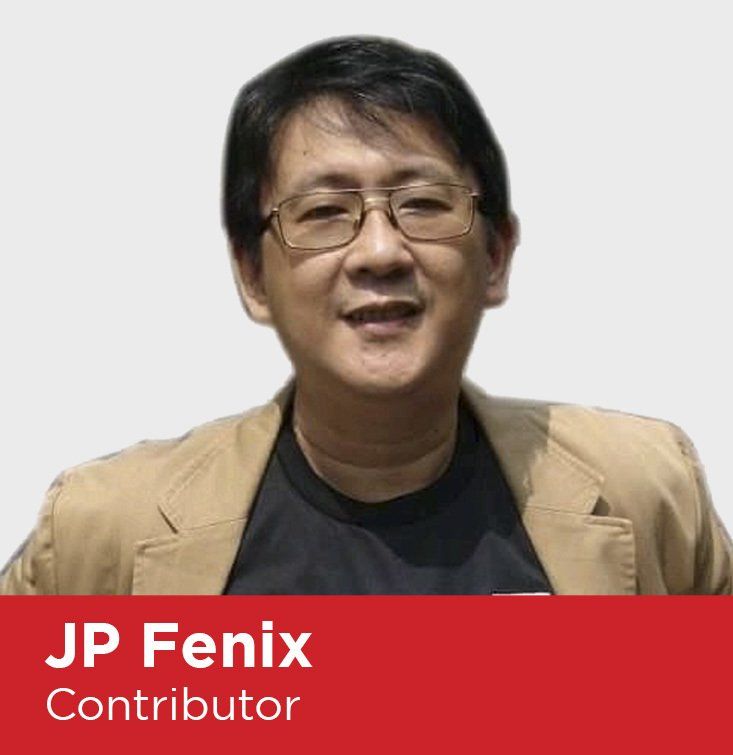JP Fenix • April 3, 2020
Financial survival in a COVID 19 world

TODAY’S buzzword for consumers is “reprieve,” generally an escape from an expected consequence. In these days of COVID 19 and Enhanced Community Quarantine (ECQ), the expected consequence is bills – those monthly expenses we have to survive under normal times. We currently hear it all over the news: spokespersons of utilities, banks, credit card companies and even some landlords saying they’re allowing their customers a reprieve from their bills until after a month when, presumably, the ECQ is lifted and everybody returns to their normal lives.
But we all know that from all the data we receive from the news on the worldwide fight against COVID 19 that old normal will never come.
But still, everybody has this assumption that on April 14 – or 12 as the President has set – this lockdown may be lifted. So all these billers have confidently said that they’ll give everybody this reprieve gift for 30 days.
But what happens after? Well, then they’ll bill you. Meaning, having set aside your electric, water, telecom or whatever payable for the month, you will be billed on the second month for not one month but two.
As to bank loans and credit card bills, you don’t have to pay until the next month, but you will be charged for the interest of the unpaid month.
These special gifts of billing reprieves do not serve the purpose of easing the cash flow burden of consumers. Sure, the bills are set aside so the consumer can keep the money for more necessary things like food or hoarding toilet paper during the income-dead month.
But in the second month you’re stuck with double the billed amount which you have to settle if you want to keep the service going.
This gets worst with Small businesses that have loans for capex or operations. They got their loans – and were granted loans by the banks – on the basis of their capacity to pay, and this is interlinked with the projected income for which these loans are supposed to generate. With the business closed during the lockdown, they have zero productivity. And while they don’t need to pay for that closed month the interest accrued to their overall financing while their productivity or income is zero impacts on their overall capacity to pay.
These on top of the reality that they are duty-bound to pay their personnel even while there is no production, are being hounded by suppliers for raw materials payment because those have their own payables, and are hardly paid by their own customers who have the same problems.
A New York entrepreneur, reacting to a CNN interview question about loan packages to be given by their government for businesses to survive, emphatically said: “We do not need more loans. We need grants!” In other words they need new money with no obligations and strings attached to start over, because the cost of maintaining loans on top of the existing loans they are already hard-pressed to manage will just defeat the whole purpose of survival.
Granted, banks need to make money from their loans, they are responsible to their stockholders. On the other hand, government does not need to make money; it needs to take care of its taxpayers.
Nobody knows where COVID 19 will lead us. Even with the most rigid and scientific analysis, the conclusions are still in the realm of “best educated guess.” Thus what we need now are more creative ways of making sure our economy and its players – producers and consumers – survive.
One way is to come up with a program where consumers do not have the shock of suddenly having a mountain of accrued payables when we come out of quarantine. For example, the bills accumulated from the reprieve are prorated monthly for six months to one year. If your utility bill is P1,000 and given a one month reprieve in paying, you don’t get a P2,000 bill the next month but, say, P1,100. That P100 representing an installment of the unpaid bill and liquidated monthly until the full amount is paid.
The same thing with small business loans and credit card bills. No interest would be ideal, but if there needs to be for banks to fulfill its duty to its stockholders, spread out the interim interest payable over a period where it will not impede cash flow as businesses get back on their feet.
As one small commercial printing press owner pointed out: “The bank loan interest is a big thing. They must give us some reprieve on that. It isn’t that we don’t want to or won’t pay. But they must do something to move the interest or spread it out. That has a big impact for us.”
In can be done. Just look at how mall operators like Ayala and SM are not charging tenants their rent while their stores are closed.
As to government, it can give businesses and consumers assistance in terms of grants, vouchers or even give banks tax breaks and other incentives to cover for their own costs in easing up their treatment of small and medium scale enterprises.
Ramon Ang, San Miguel Corporation President had this to say during a recent CNN interview: “At this point, what is more important are lives, not money. We can make money again but life, once you lose it, it's gone forever. So between life and money, I’d choose life.”
This should be the lead to follow for financial survival in a COVID 19 world.

